Coffee 'cupper' brews up a recipe for success
Updated: 2015-12-14 08:06
By Li Yingqing and Chen Liang in Kunming(China Daily)
|
||||||||
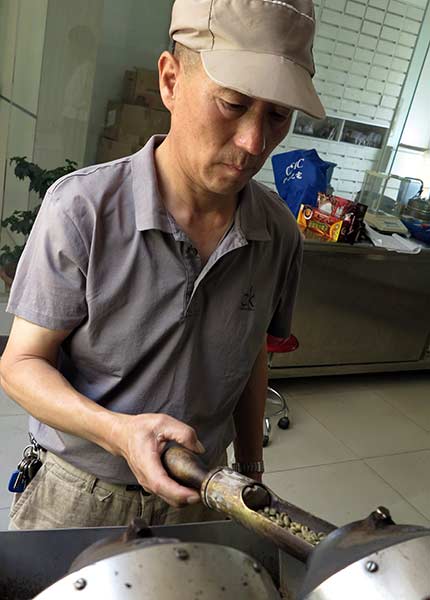 |
|
Zu Zhide, chief coofee taster of Yunnan Coffee Factory in Kunming, Yunnan province. |
Chief taster at Yunnan factory uses his tastebuds to determine quality, price of beans
Every weekday morning, 60-year-old Zu Zhide roasts raw coffee beans, grinds them, sniffs, brews and then slurps, loudly.
As the chief coffee taster, or cupper, of Yunnan Coffee Factory in Kunming, Yunnan province, for more than 20 years, Zu's laboratory is his office.
He chooses different varieties from major coffee production areas in the province, and after grinding and brewing the coffee in a dozen small china bowls at a round table, the tasting begins. Between each slurp, he gargles with plain water.
"Slurping is a key step of coffee cupping," Zu said. "After slurping three bowls of coffee of the same variety, I can tell its characteristics, including its strong and weak points."
Since coming to Yunnan from Sichuan province at the age of 16, Zu has spent 33 years involved with coffee. He's now considered one of the top cuppers in Yunnan, the country's major coffee growing region.
Through cupping, he identifies specific aspects of a local variety's texture, flavor, acidity and sweetness. He can even tell the specific area in which coffee bean was grown. Since he has witnessed the development of the province's coffee industry, he has been hailed as a veteran of the industry by local newspapers.
When he came to Yunnan in 1971, he was assigned to work at a machinery factory under the Yunnan Agronomic Group. In 1982, he was assigned to a coffee factory opened by the group, which was short of hands to roast coffee beans.
He learned coffee roasting from a Shanghai master who roasted coffee beans with an old-fashioned popcorn popper. "The body of the popcorn maker was an iron jar and it was tricky to know whether the coffee was overcooked. It completely depended on one's experience," Zu said. "So my first cup of coffee was burned."
In the early years, they would roast coffee beans with butter to add fragrance to the coffee. After roasting, they would blend honey and rose-flavored liquor into the beans to create a flavor popular in those days. The job continued for 10 years, during which coffee turned, for Zu, from a bitter drink to a daily necessity.
And he still wants to learn more. "Learning coffee is a lifetime thing," he said.
In 1992, the Yunnan Coffee Factory was founded under a project supported by the United Nations Development Programme. It opened a new window for both the province's coffee industry and Zu's career. The project brought foreign coffee experts to the factory, who gave training courses to Zu and his colleagues. Zu started studying coffee tasting more systematically at that point and has continued ever since.
Cupping became his life's work and his passion. Once a chain-smoker, he quit in the 1990s. He drinks five or six cups of coffee every day. "It helps me keep my sensibility to coffee," he said.
According to Zu, the quality of Yunnan coffee was "truly good" in the 1980s. The old variety, typica Cramer, was planted on a small scale in Baoshan, Lincang, Wenshan and Dehong prefectures.
"The annual yield was small. There were only two coffee factories to handle the yield," he said. "With the same processing standard, the quality of the coffee was good."
In 1990s, coffee cultivation expanded. Every coffee grower would process green coffee beans at home and the quality of Yunnan coffee fluctuated, he said. "Farmers harvested the crop, but failed to process the green beans immediately. After a couple days, they went bad," he said.
Now growers are more knowledgeable, but large-scale cultivation and environmental changes mean Zu must keep cupping throughout the factory's purchase process to safeguard coffee quality.
He samples every batch purchased from a coffee growing area, and decides the price they will offer. "I have to find out whether a grower mixed good beans with bad beans by cupping," he said. "The bad beans often have a bad taste, or rubbery, a smell of burned rubber."
After their purchases are transported to Kunming, he samples the same batch again, to ensure no bad beans were mixed in during transport. Yunnan can produce excellent coffee with a good aroma, "but we must follow certain standards from growing to roasting, from seed to cup", he said.
Contact the writers at chenliang@chinadaily.com.cn
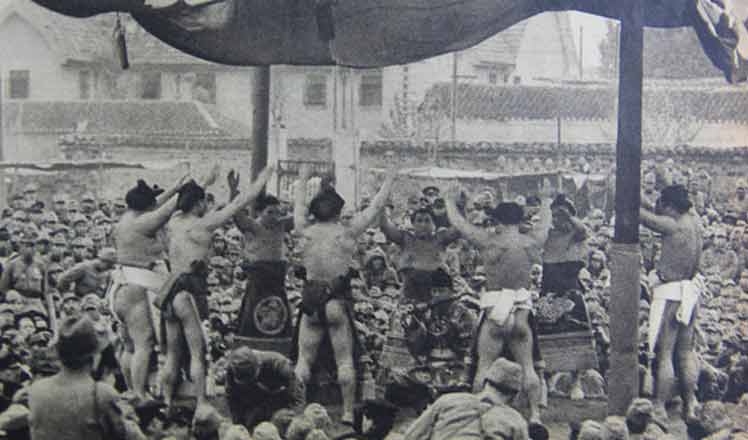
 Historical photos reveal how Japan celebrated Nanjing invasion
Historical photos reveal how Japan celebrated Nanjing invasion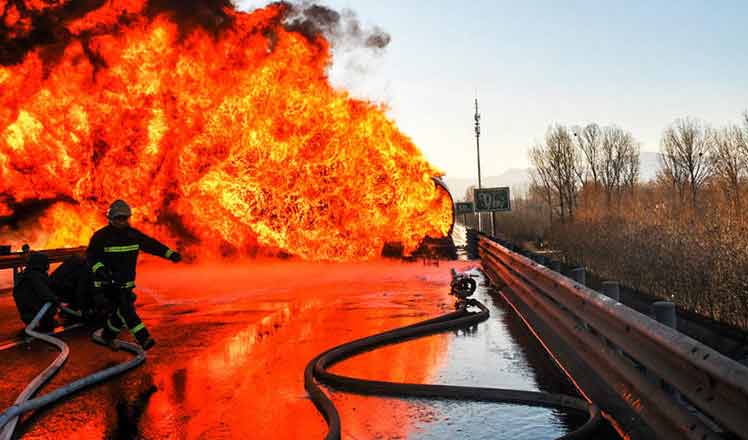
 How firemen put out oil tanker blaze within two hours
How firemen put out oil tanker blaze within two hours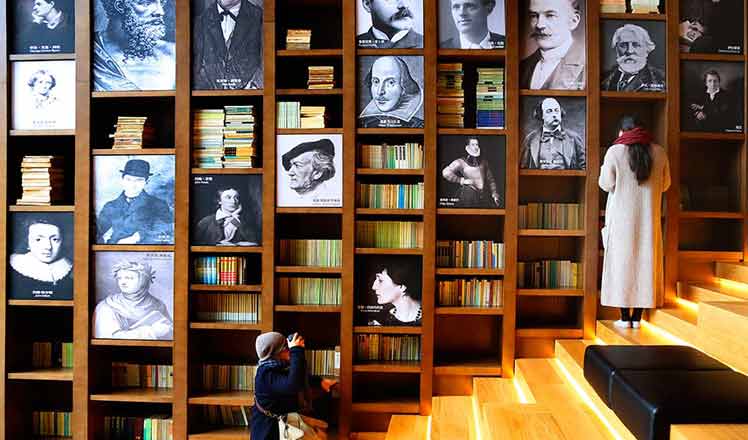
 Wuzhen gets smart with Second World Internet Conference
Wuzhen gets smart with Second World Internet Conference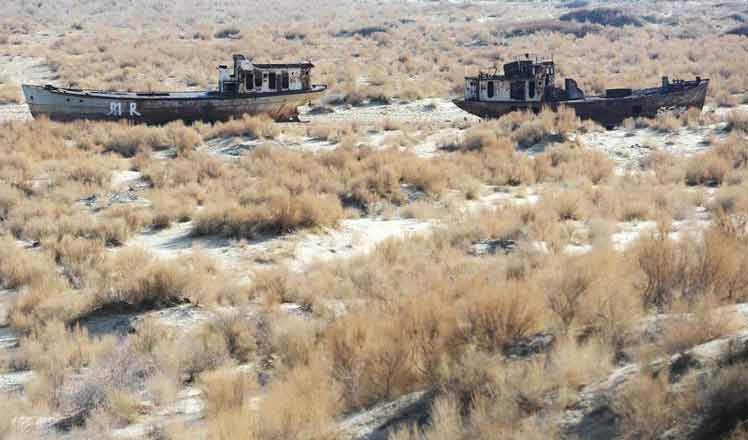
 World's 4th largest lake Aral Sea shrinking
World's 4th largest lake Aral Sea shrinking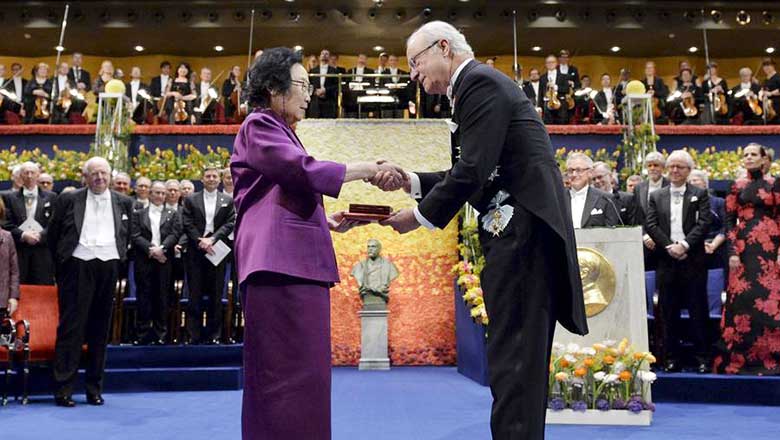
 Nobel Prize 'to spur TCM development'
Nobel Prize 'to spur TCM development'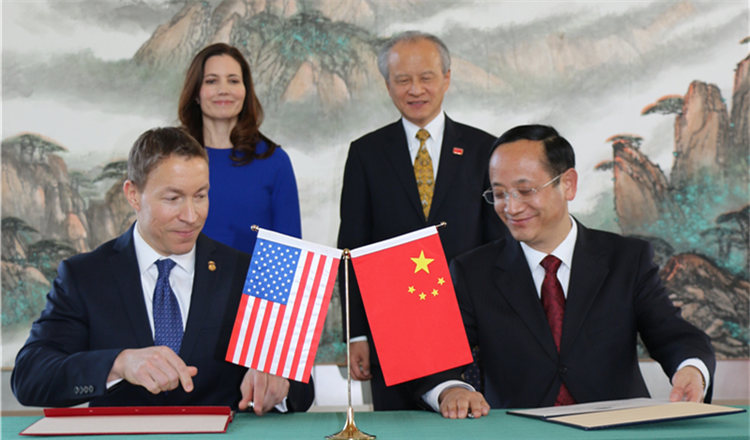
 US returns 22 recovered Chinese artifacts
US returns 22 recovered Chinese artifacts
 Internet makes life in Wuzhen more convenient
Internet makes life in Wuzhen more convenient
 Miss World contestants at Sanya orchid show
Miss World contestants at Sanya orchid show
Most Viewed
Editor's Picks

|

|

|

|

|

|
Today's Top News
Shooting rampage at US social services agency leaves 14 dead
Chinese bargain hunters are changing the retail game
Chinese president arrives in Turkey for G20 summit
Islamic State claims responsibility for Paris attacks
Obama, Netanyahu at White House seek to mend US-Israel ties
China, not Canada, is top US trade partner
Tu first Chinese to win Nobel Prize in Medicine
Huntsman says Sino-US relationship needs common goals
US Weekly

|

|







